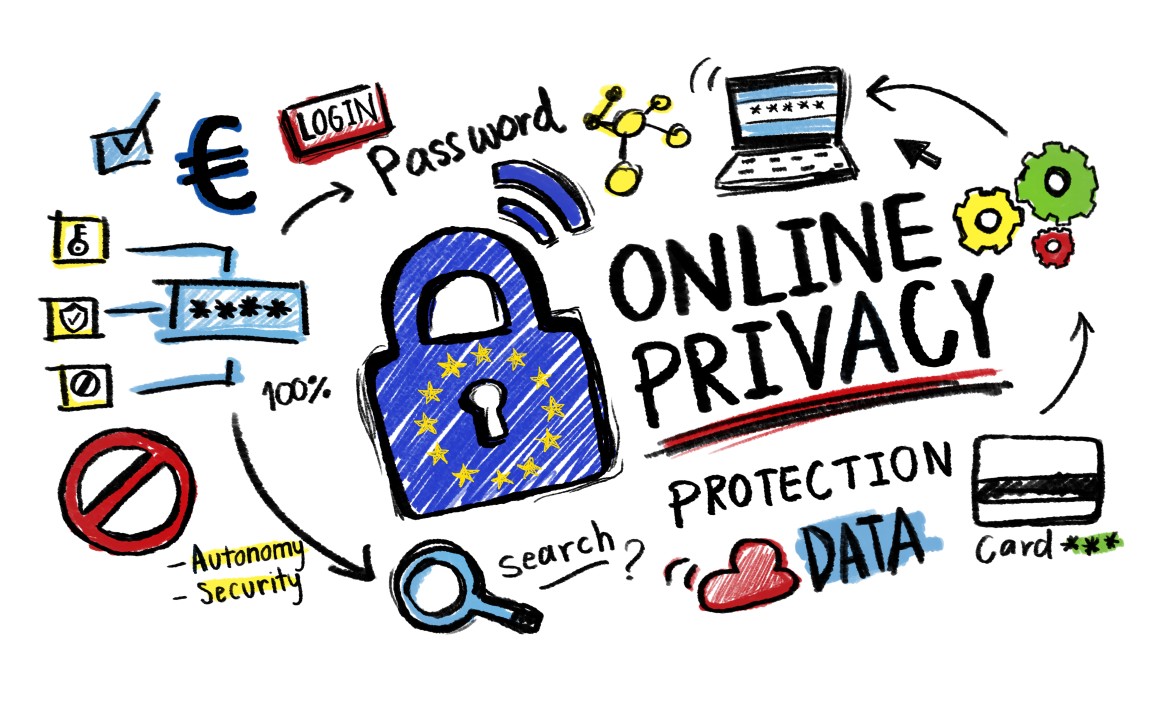Digital Citizen Corner
Protecting Your Digital Privacy and Why It’s Crucial to Keep It Safe

In today’s connected world, privacy has changed. A simple click or search now leaves personal data exposed. While technology brings convenience, it also risks our privacy. Protecting it is crucial to avoid cyber threats, maintain control over our information, and safeguard our freedom. Despite how much we share, digital privacy remains vital.
Understanding Privacy in the Digital World
In the past, privacy was simple—you controlled what you shared. Now, every online action shares data, often without you realizing it. From your name and location to financial details, this data is collected, analyzed, and sometimes shared.
It’s not just social media. Tech companies, advertisers, and governments access your data for various purposes, often for profit or surveillance. So, where do we draw the line?
Why Should You Care About Your Digital Privacy?
- Preventing Exploitation and Cybercrime
Picture this: You get an email that looks like it’s from your bank, and in a hurry, you click it—now a hacker has access to your bank details. Data breaches, identity theft, and phishing attacks are everywhere. Leaving your information exposed makes you an easy target. Protecting your digital privacy is key to safeguarding your identity, finances, and reputation. - Control Over Your Digital Identity
Privacy lets you control what you share and with whom. Without it, your data can be misused for ads or sold to third parties. You’ve likely seen those targeted ads—that’s your data being exploited. Protecting your privacy gives you control over your online identity and ensures you’re the one deciding who sees your information. - Freedom to Be Yourself
Privacy isn’t just about safety; it’s about having the freedom to express yourself without fear. When your digital life is private, you can engage, explore, and share without worrying about being watched or judged. Without privacy, every opinion or action online could be used against you, limiting your autonomy and dignity.
How Can You Protect Your Privacy?
- Be Mindful of What You Share
Always think before you post or provide information online. Is it necessary to give out your full name, location, or financial details? Consider what’s at stake when you share, especially on social media platforms. It’s easy to get swept up in the moment, but taking a step back to evaluate can save you from future harm. - Use Strong Passwords and Multi-Factor Authentication
Make your accounts harder to access by using unique, complex passwords for each platform and activating multi-factor authentication where possible. These small steps can be your first line of defense against unauthorized access. - Limit Permissions on Apps and Websites
Many apps ask for access to your location, contacts, and even your camera, but do they really need all that information? Be selective about the permissions you grant, and regularly review what apps and sites have access to your data. - Stay Informed
Keep up with the latest privacy updates, both on the platforms you use and in the tech world. New threats and privacy concerns are constantly emerging, so staying informed ensures you’re always ahead of the curve.
Your Privacy Matters
The digital world connects and informs us, making life easier. However, convenience shouldn’t come at the cost of privacy. By protecting your personal data, you shield yourself from harm and take control of your digital life. Though we can’t see privacy, its impact is real and crucial. Now is the time to protect what’s truly ours—our identity and autonomy.
Your privacy is your power. Guard it, value it, and take action today to secure it. The digital age can strengthen privacy, not end it.
This article was written by Bryan Kaye Senfuma, Digital Rights Advocate, Digital Security Subject Matter Expert, Photographer, Writer and Community Advocate. You can email Bryan at: bryantravolla@gmail.com




